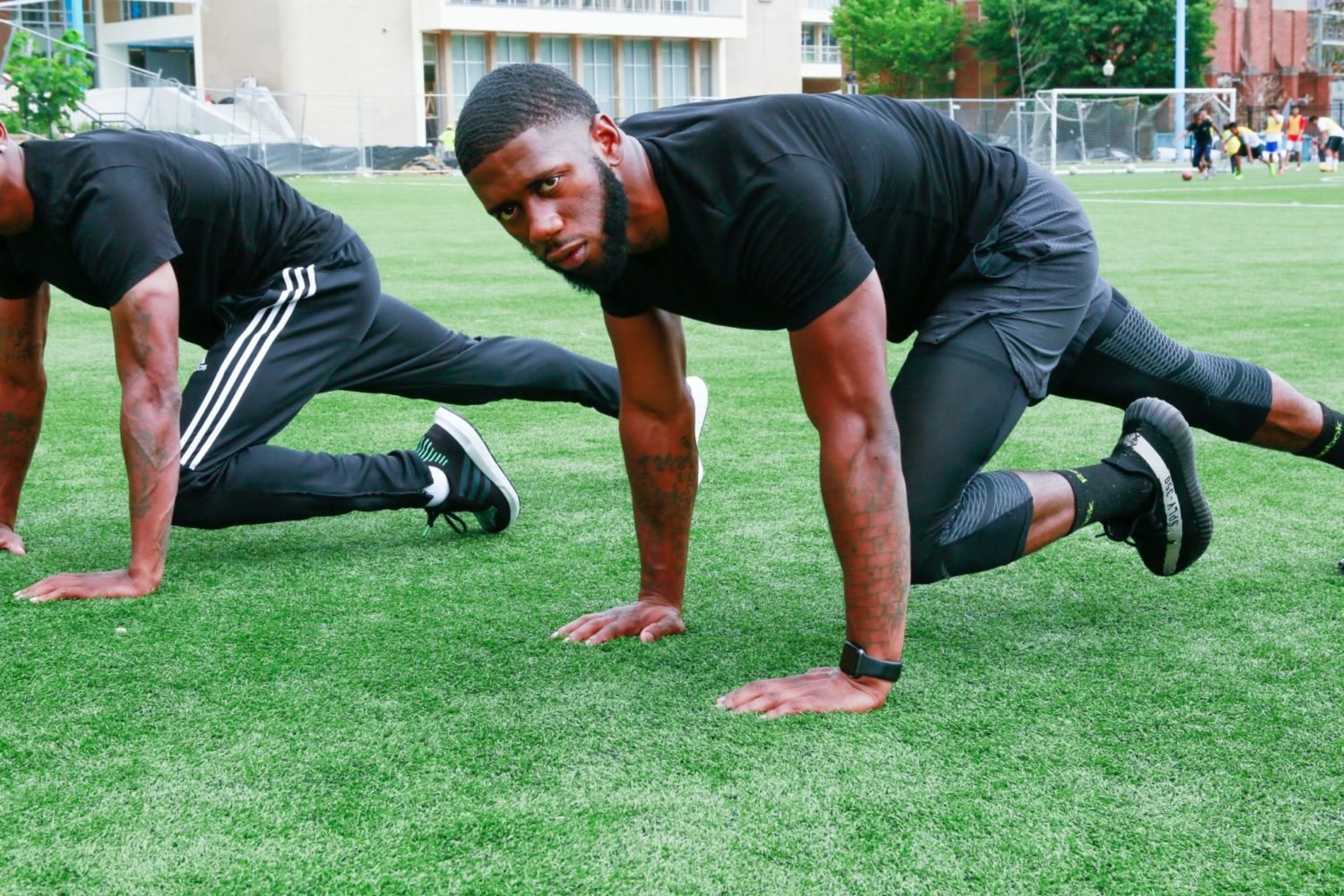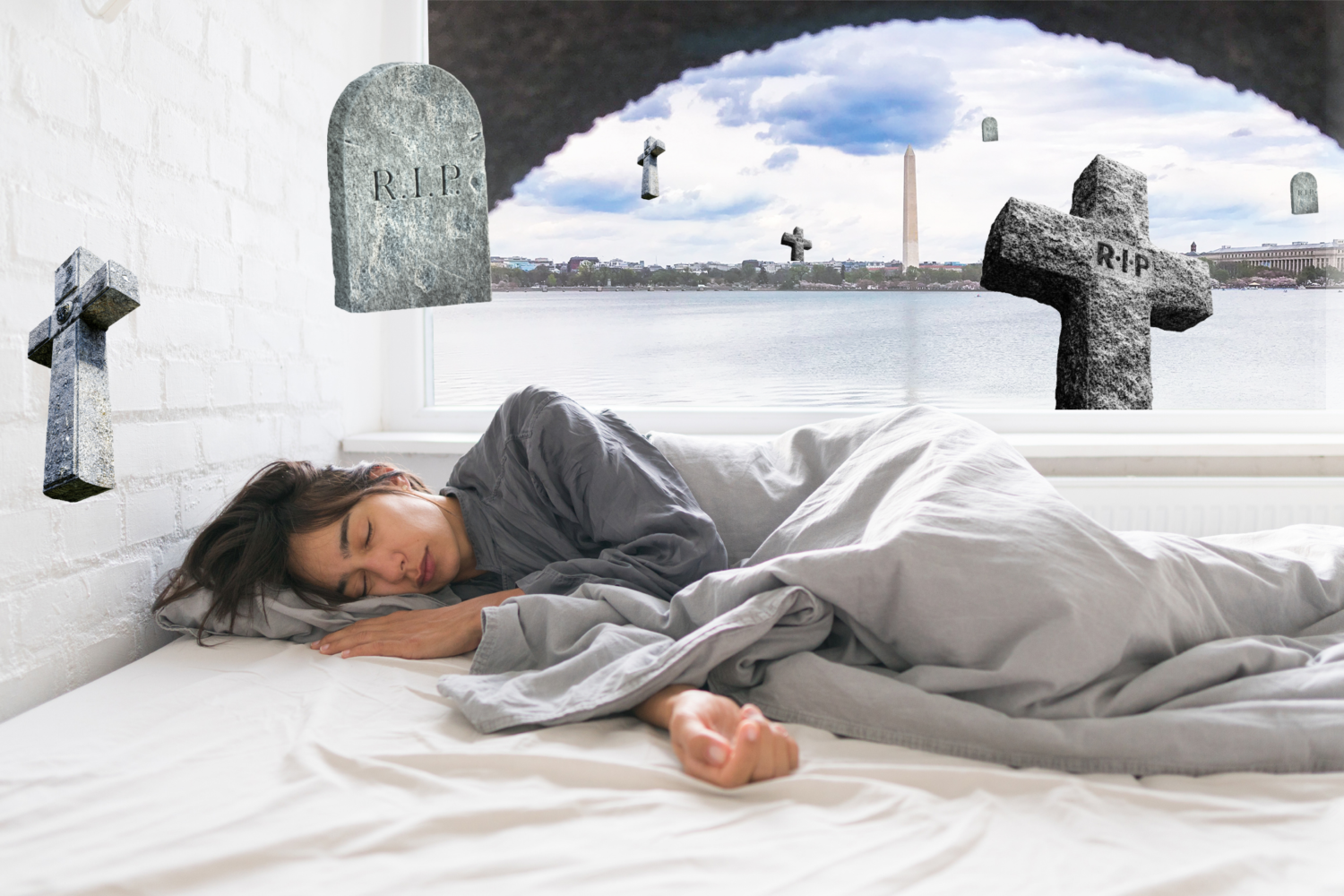When men are stressed, their perception of the “ideal” female body may change.
That’s according to new research published yesterday, which found that men who are stressed are more likely to prefer heavier females over skinny or underweight females. The results suggest that humans’ judgements when it comes to attraction are shaped when they experience a change in their environments.
The study involved 81 white British males. (Researchers note that they only used British participants, since observer ethnicity may have an impact on body size judgements.) They were divided into experimental and control groups. While the experimental group underwent a series of tests, the control group had to sit silently in a separate room.
In order to increase stress levels, each participant in the experimental group had to undergo a fake job interview and give a five-minute speech to a hiring committee to convince them he was a worthy candidate. Then, all participants had to mentally subtract 13 from 1,022 as fast as possible.
Afterward, both groups were presented ten photos of women ranging in weight from emaciated to obese, and were asked to rate each photo on physical attractiveness. The men also had to rate their current appetite (“I am not hungry at all” versus “I have never been more hungry”).
The researchers found that while both groups reported the same level of hunger, the stressed group showed a much stronger preference for women who were normal weight, overweight, or obese compared with the control group. The experimental group also rated significantly heavier women as their ideal body type compared with the control group.
But what role does stress really play in shaping men’s preferred body types among women? It has to do with widely acknowledged notion that ideal body sizes are shaped by individuals’ resource security, researchers wrote. “Heavier body sizes are preferred where or when resources are unpredictable or unavailable”—in other words, in stressful environments.
It turns out that according to the environmental security hypothesis, humans tend to prefer others with mature physical characteristics, which are associated with the ability to handle threatening situations. “More mature physical features may communicate attributes such as strength, control, and independence during periods when such qualities should be most desired.”
While the researchers cited some limitations to the study, they note that the findings may help combat body-image disorders and dispel the notion that “one size fits all.”
The full study is available at the PLoS ONE website.

















